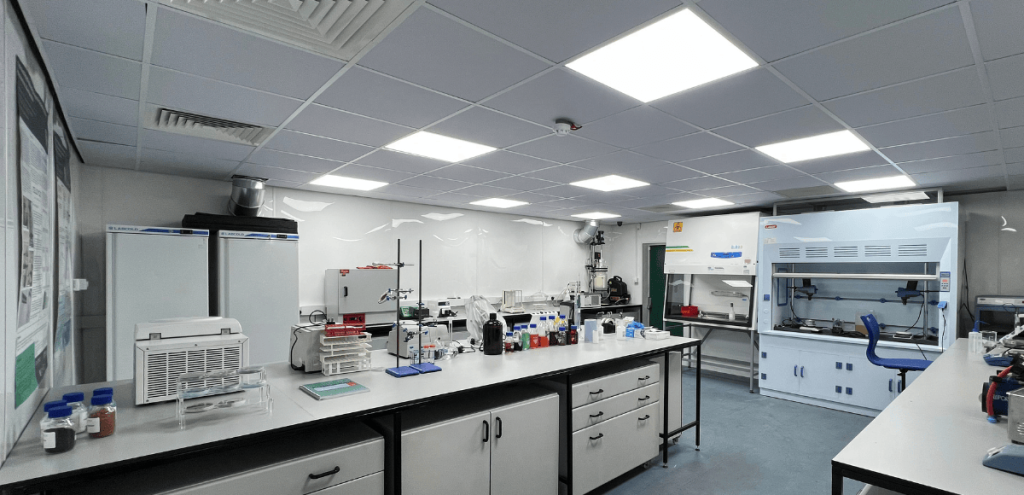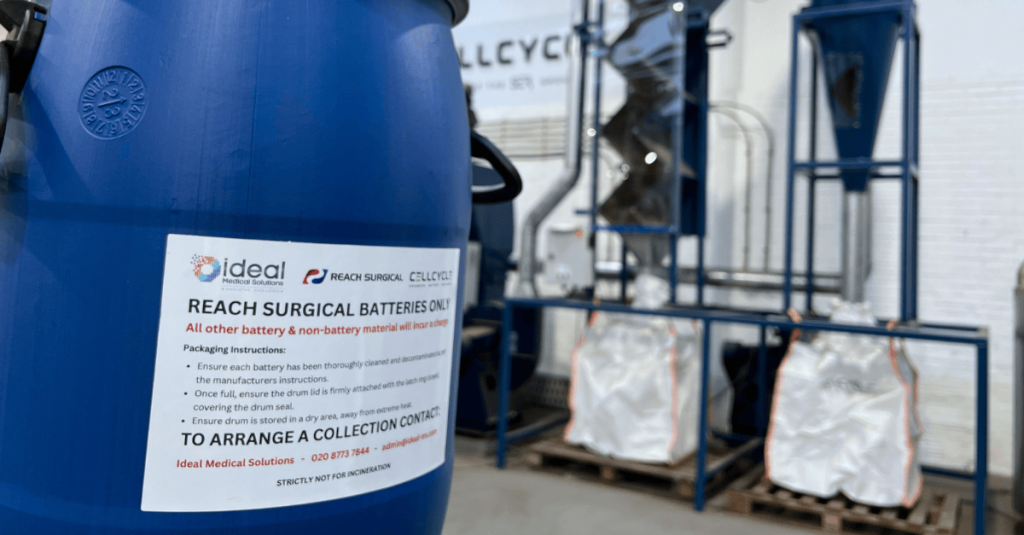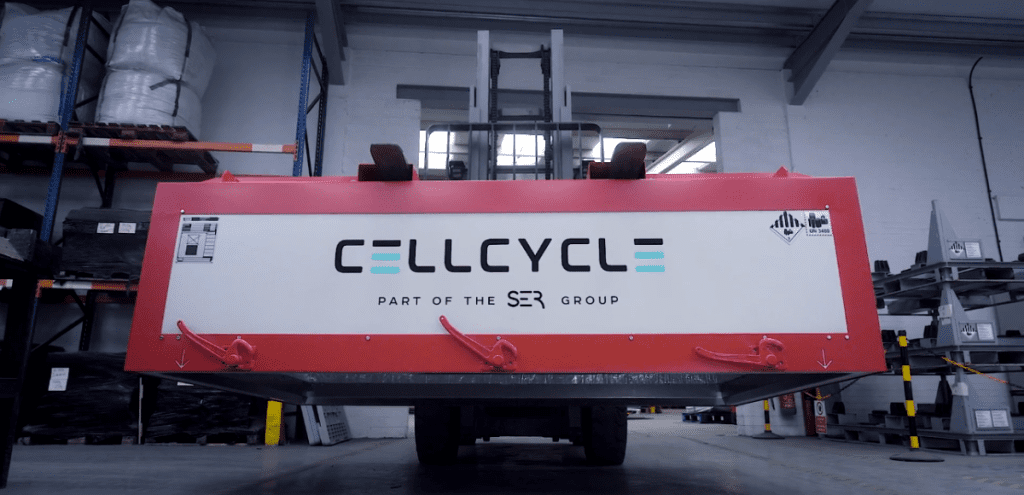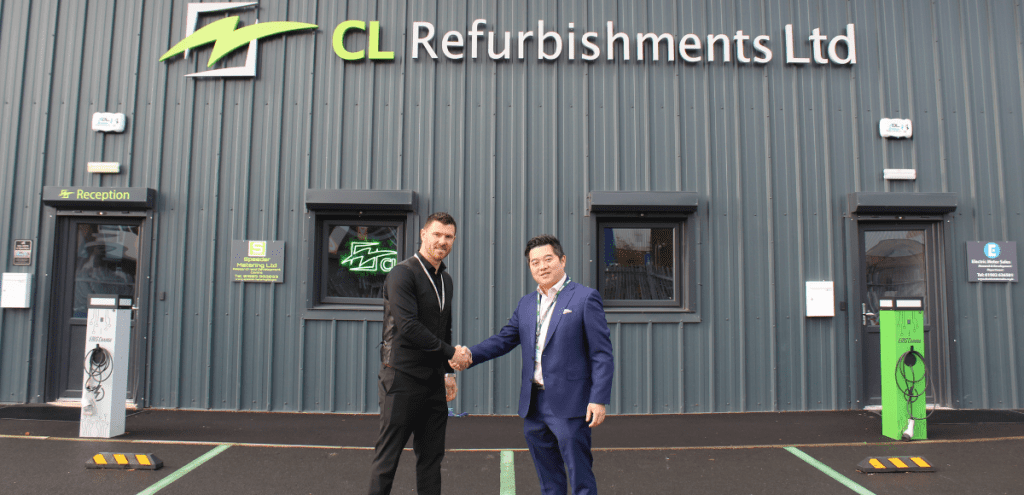Cellcycle, part of the SER Group, has reached another significant milestone in the scale-up of its patented LithiumCycle™ process an innovative bio-based approach to lithium-ion battery recycling and sustainable material recovery.
Developed in collaboration with Coventry University and supported by Innovate UK, the LithiumCycle™ process uses naturally occurring microorganisms to recover critical minerals such as lithium, nickel, and cobalt from end-of-life batteries. This pioneering biotechnological method provides a cleaner and lower-energy alternative to conventional refining, reducing emissions and chemical waste typically associated with traditional hydrometallurgical and pyrometallurgical techniques.
The new facility marks the next stage in Cellcycle’s transition from laboratory development to pilot-scale operations, enabling large-scale testing, process optimisation, and validation of its technology ahead of commercial deployment in 2026. It represents a key step towards establishing the UK’s first end-to-end, sustainable refining capability for lithium-ion batteries.
By advancing domestic recovery and refining capacity, Cellcycle aims to help reduce the UK’s dependence on overseas processing, ensuring valuable critical minerals are retained within the national supply chain. This supports both energy security and the wider transition towards electrification and net-zero.
Once fully operational, the LithiumCycle™ process will become a central part of the SER Group’s end-of-life battery solution, bringing together logistics, storage, and recycling within one sustainable framework.
This development underscores Cellcycle’s continued investment in scalable, science-led innovation, strengthening the UK’s position as a leader in clean technology and circular economy advancement.



